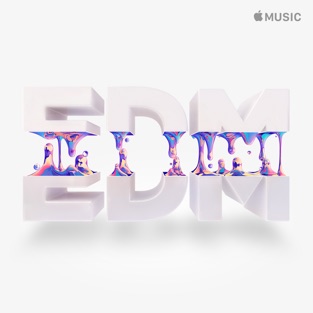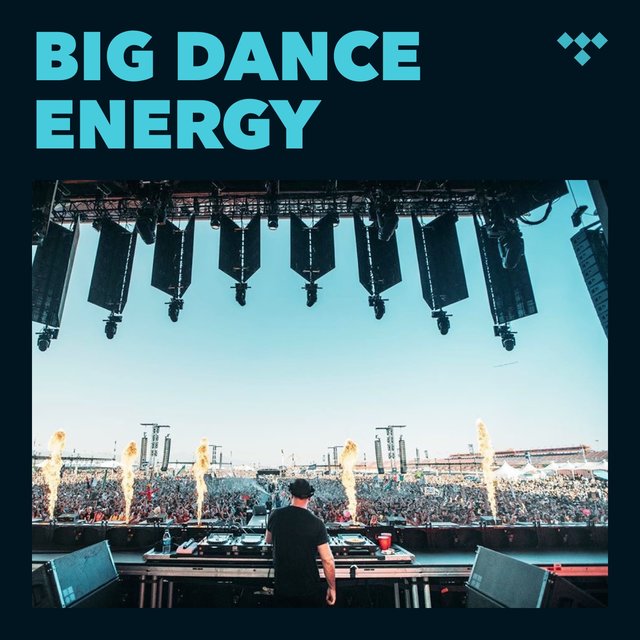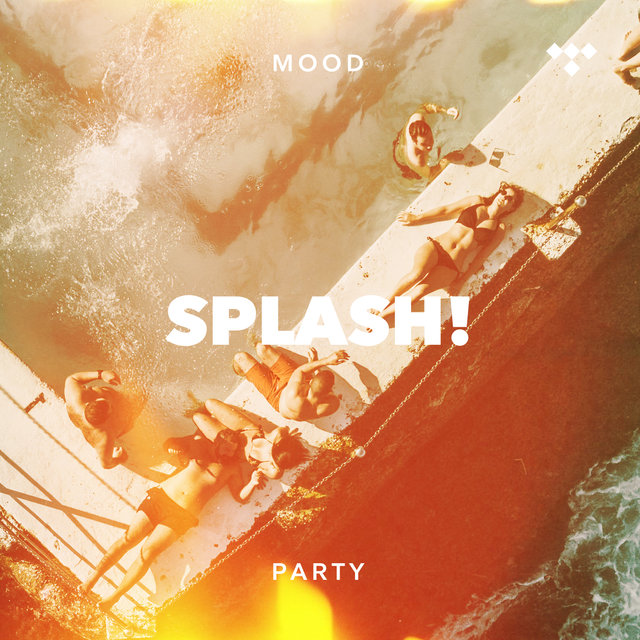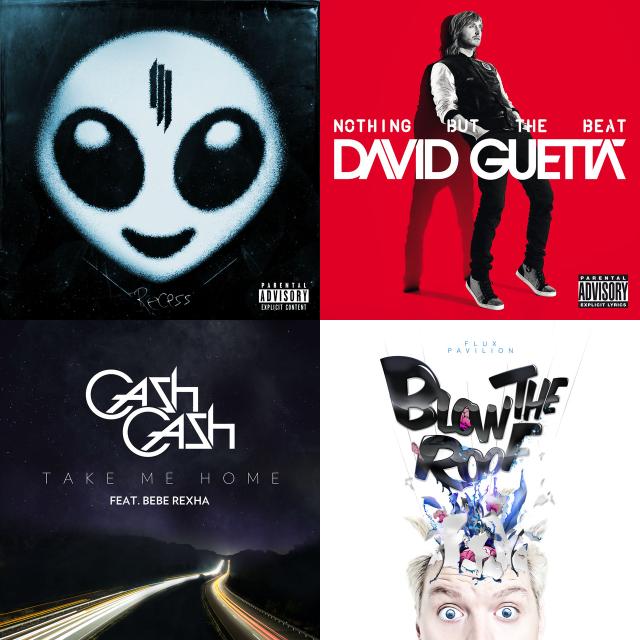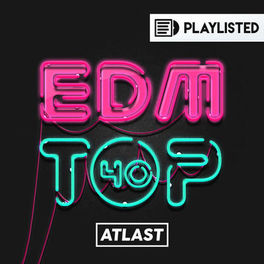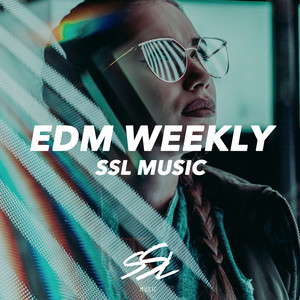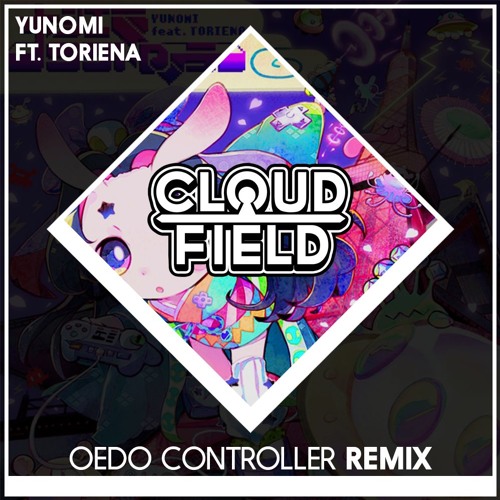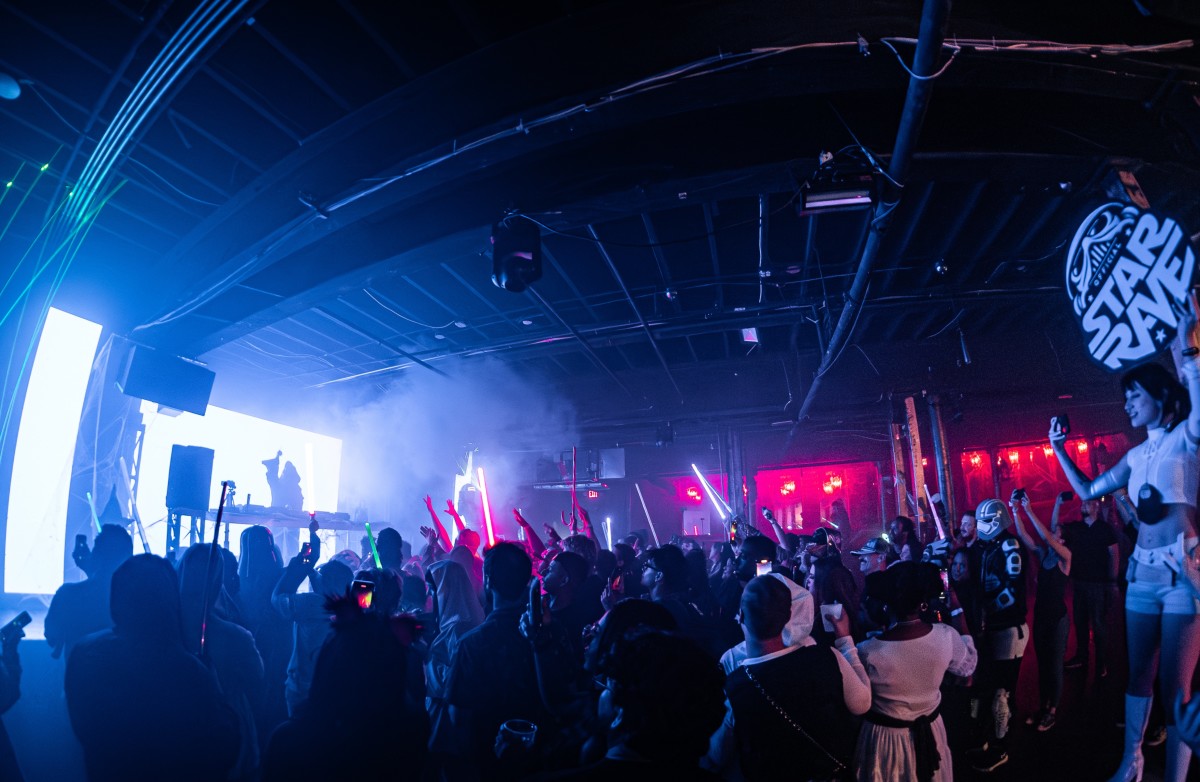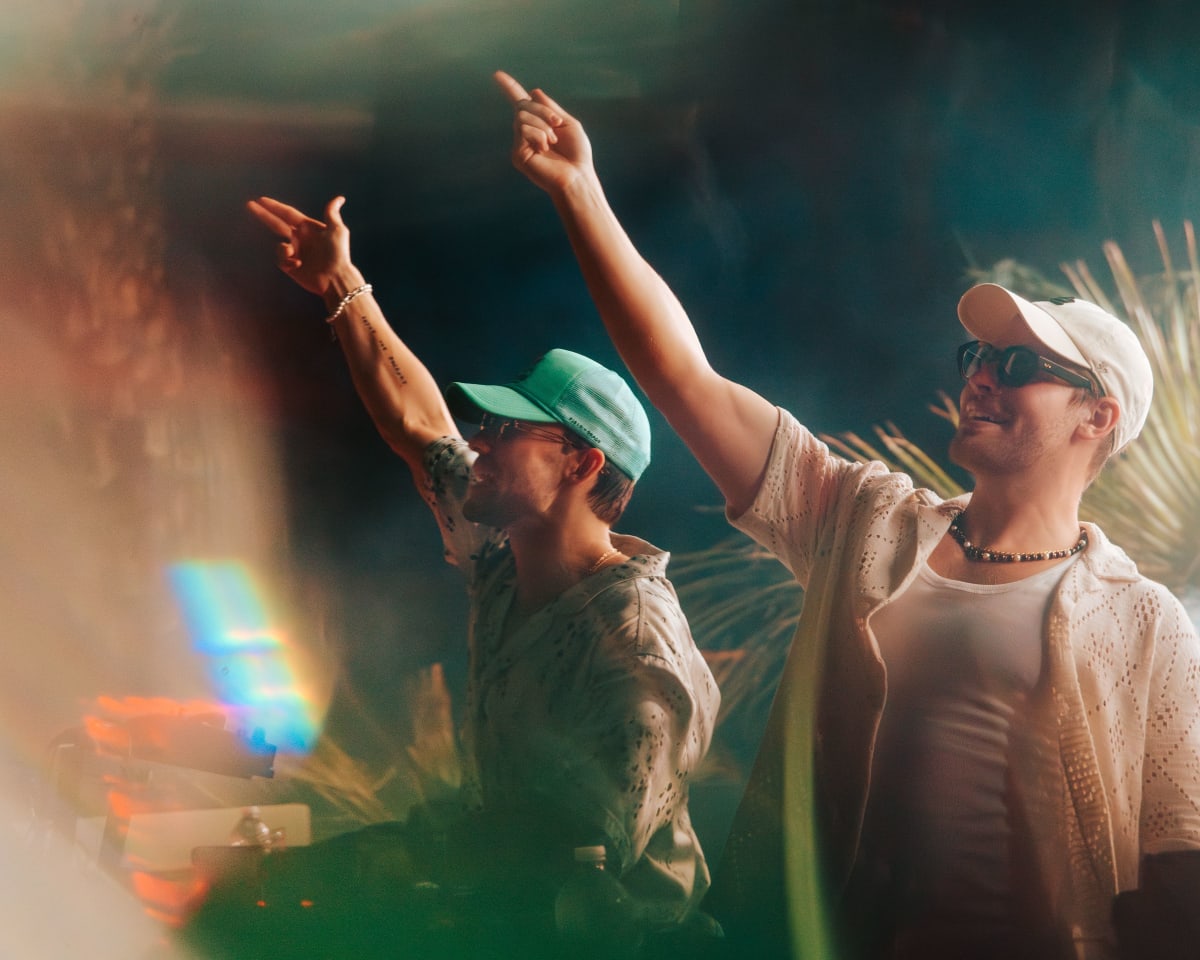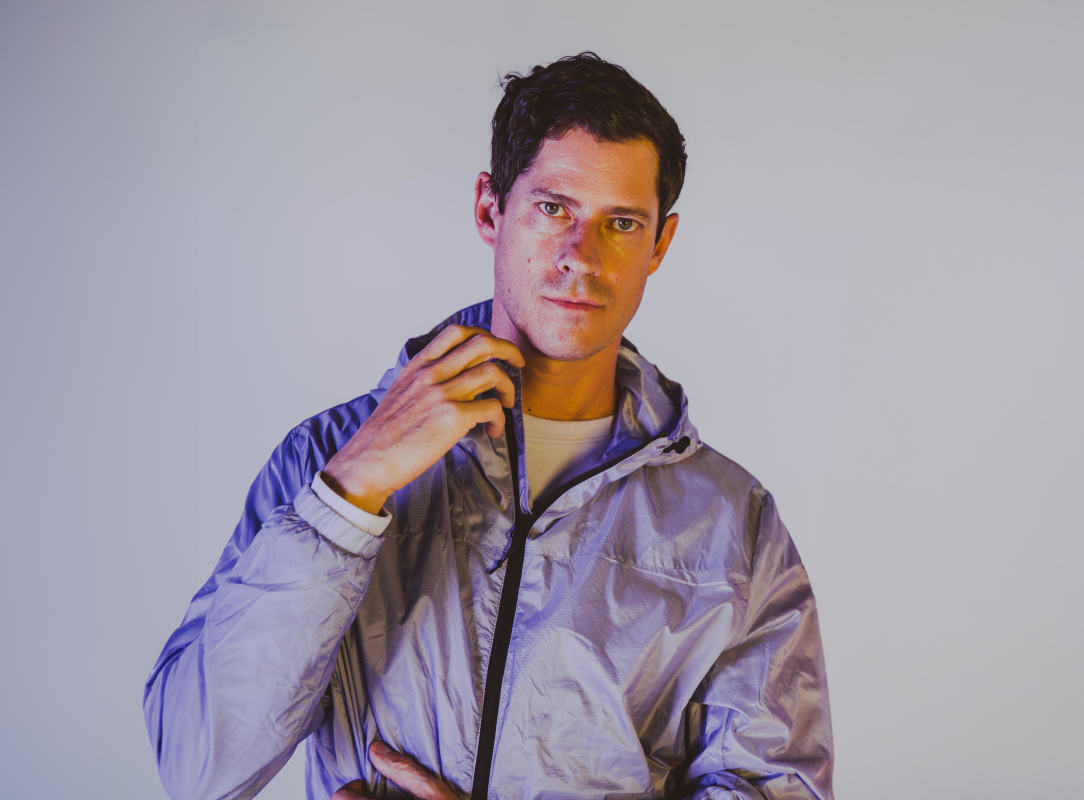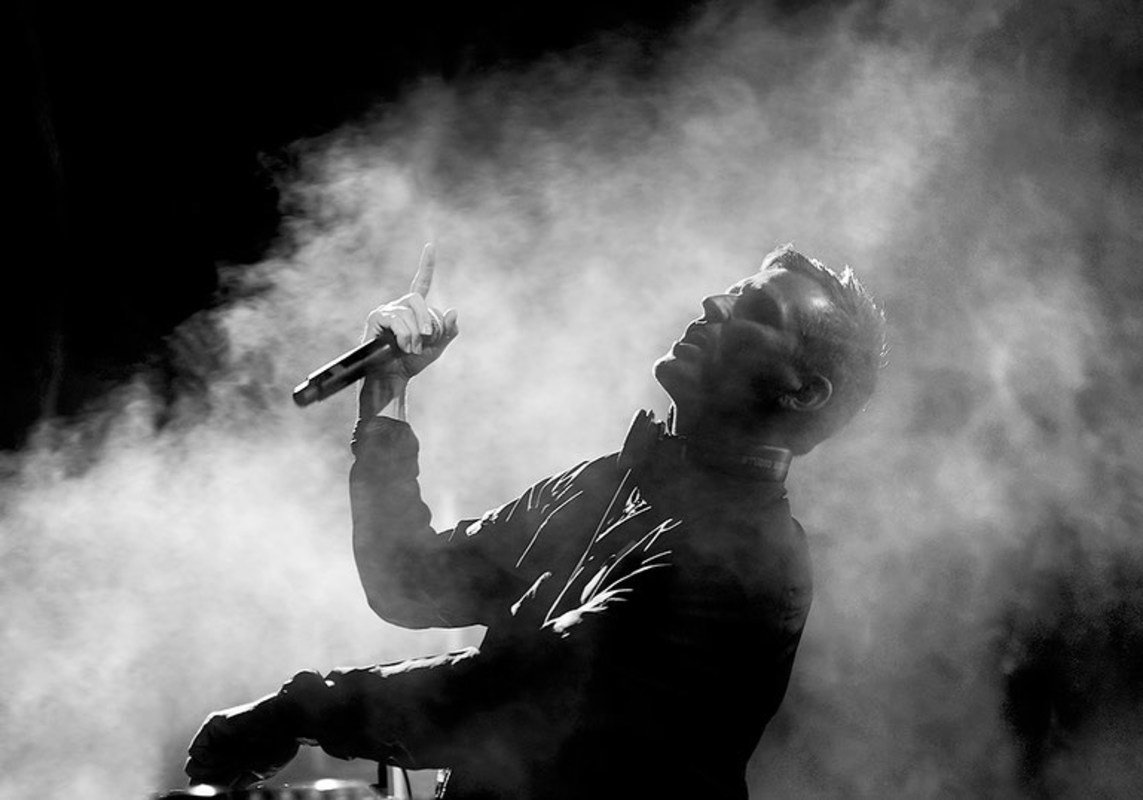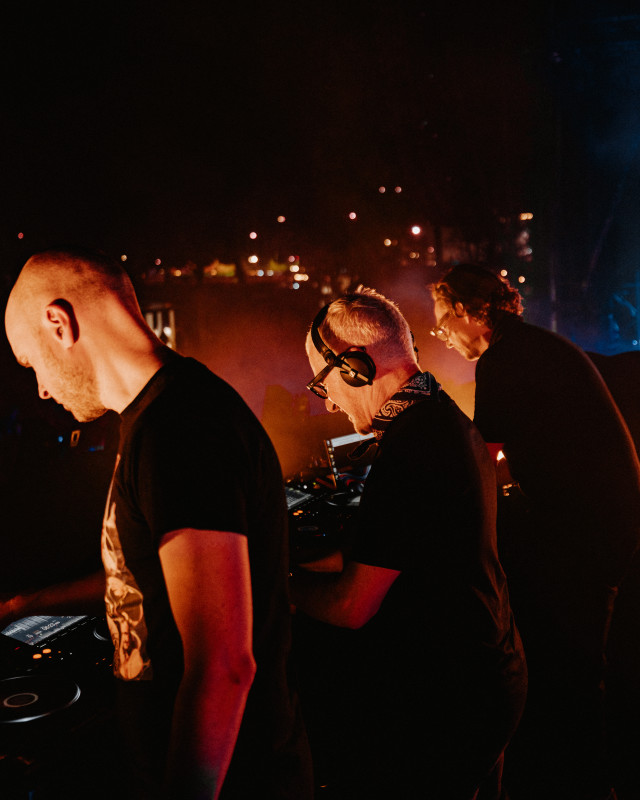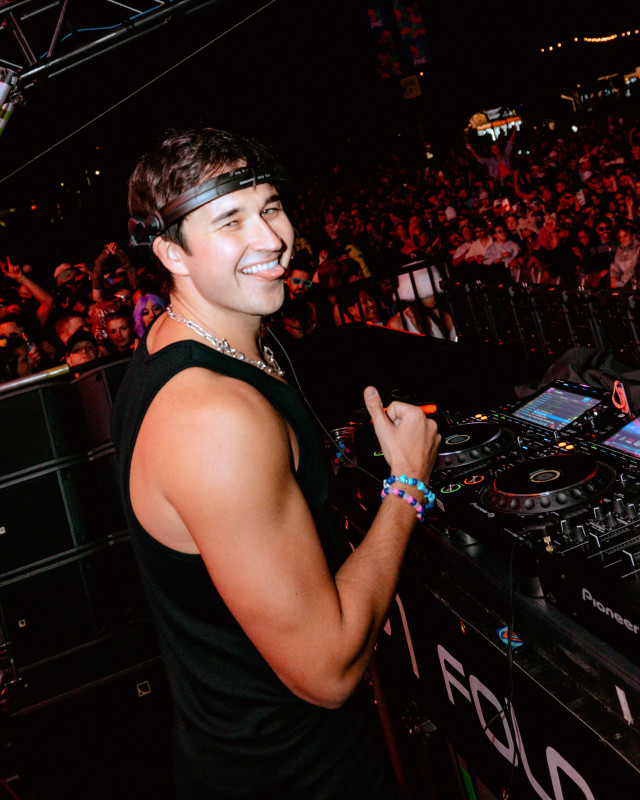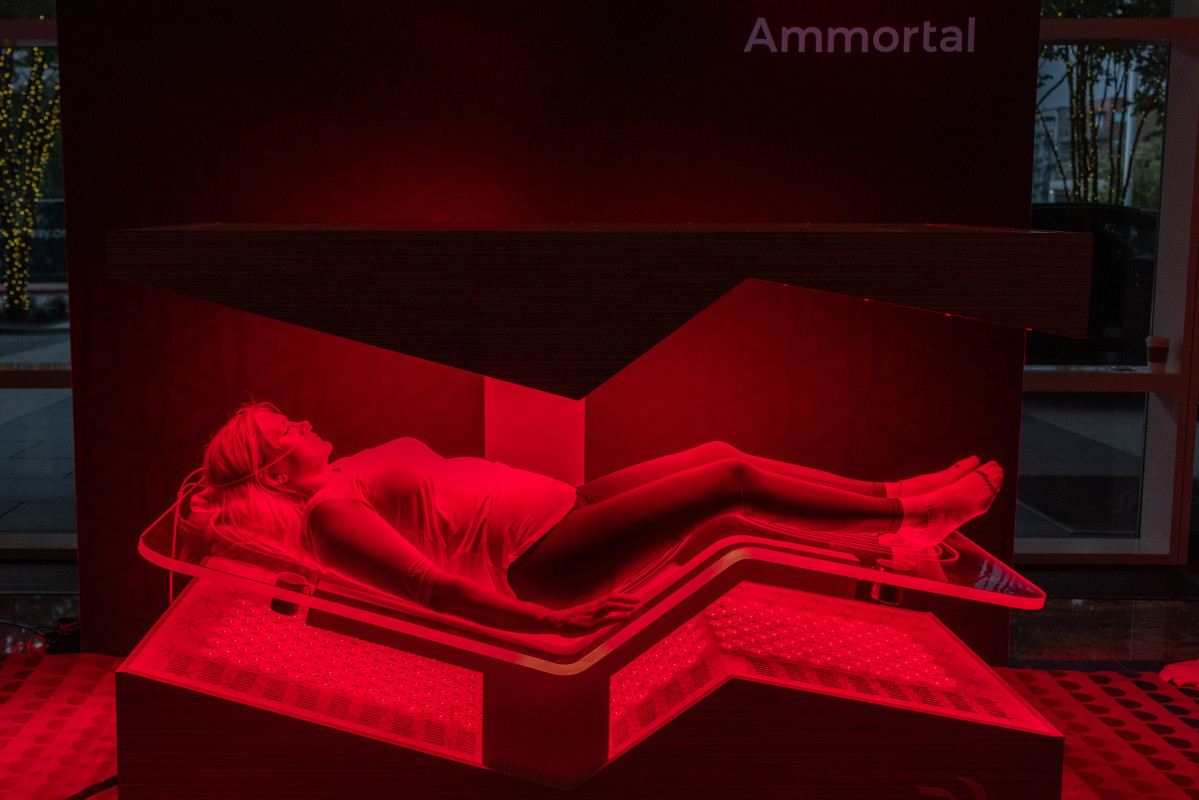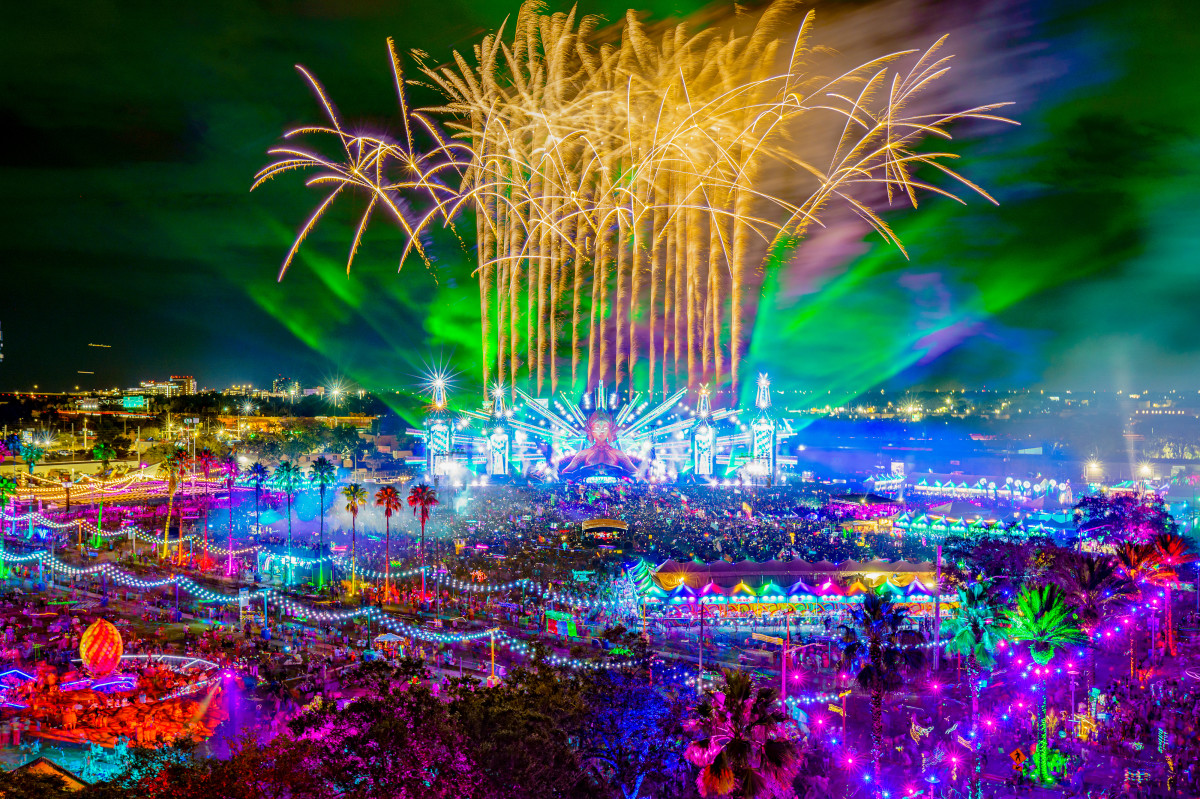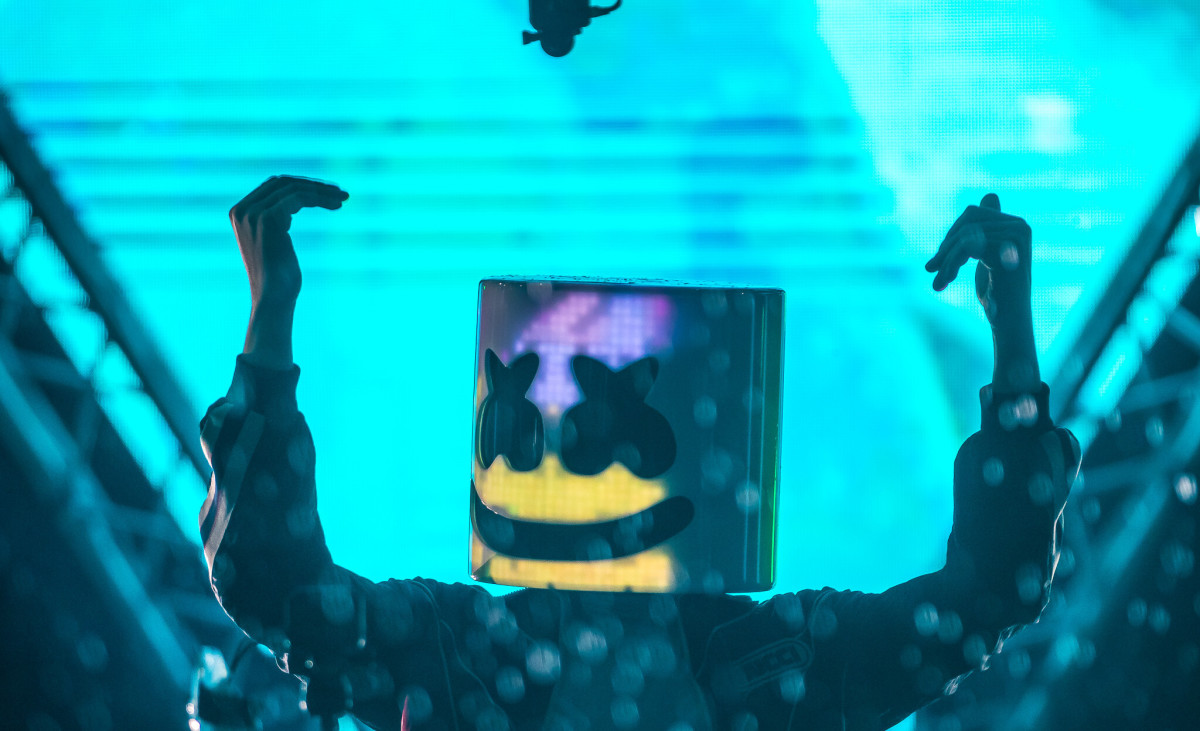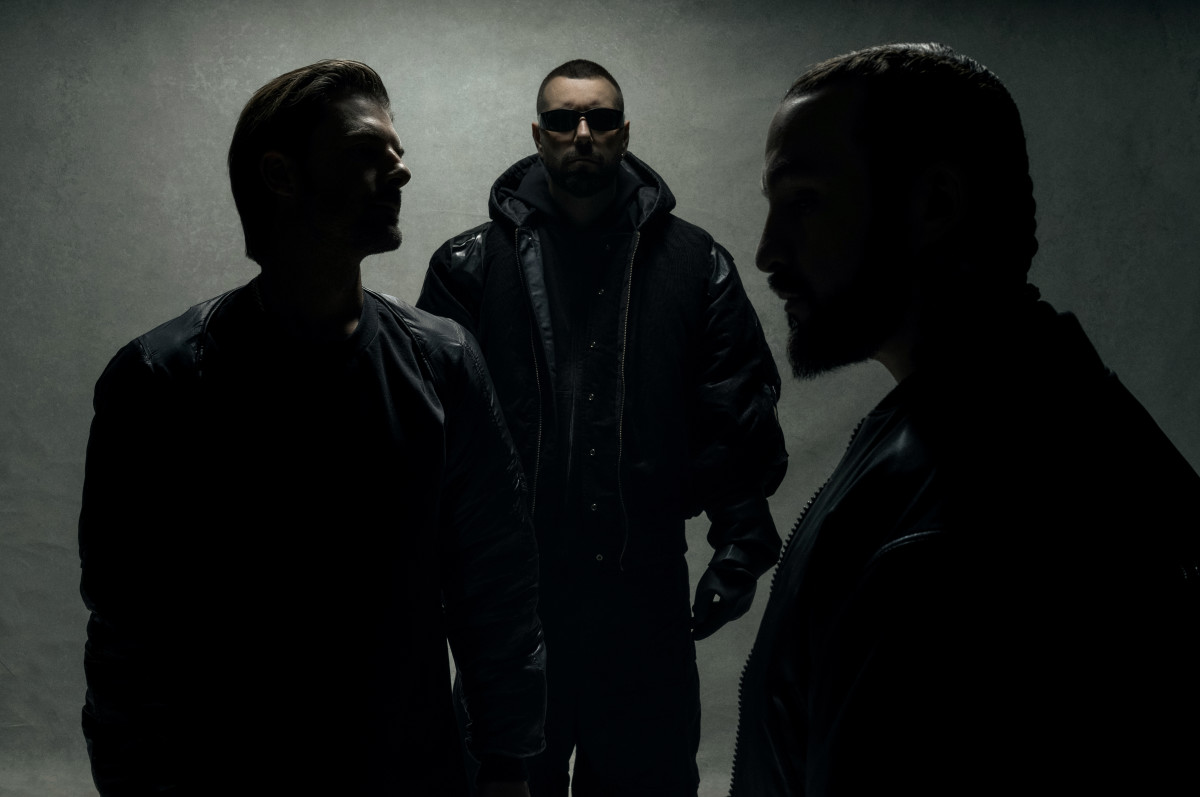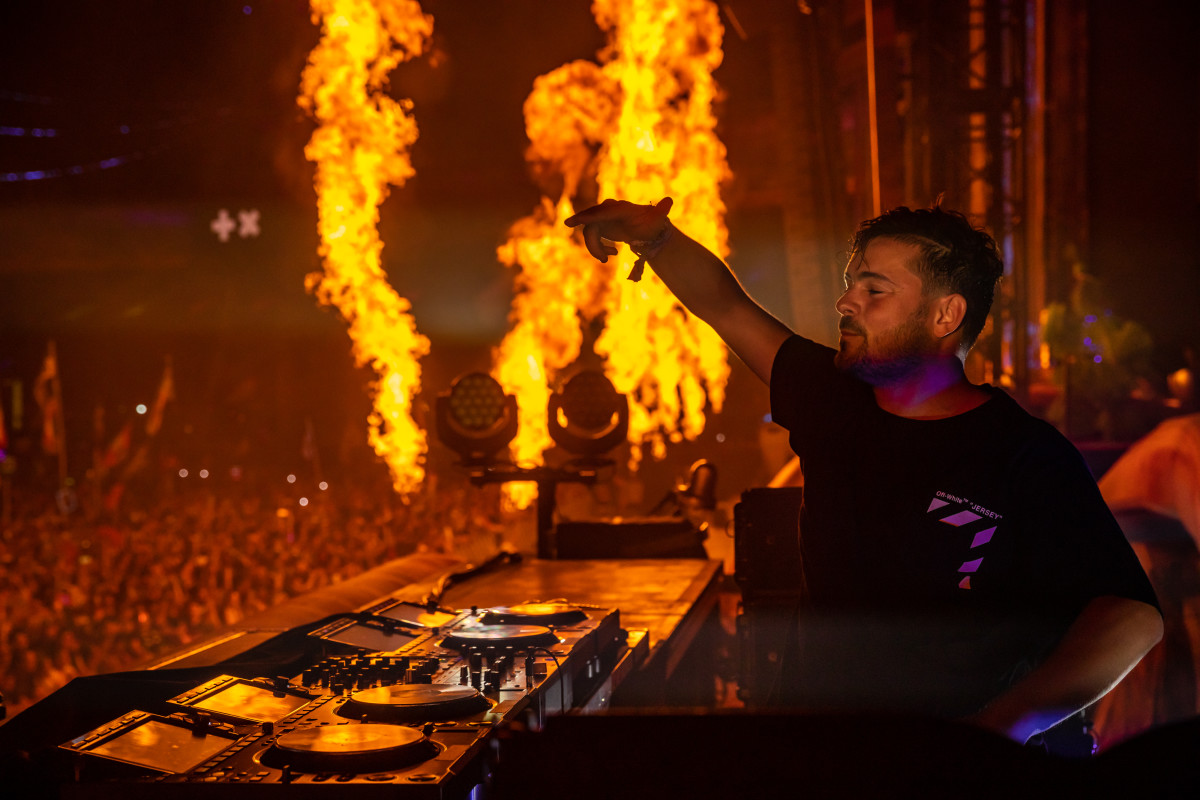Future-Proofing Festivals: CAA Vet Alex Becket on Why EDM is the Sound of Success for Coachella and More
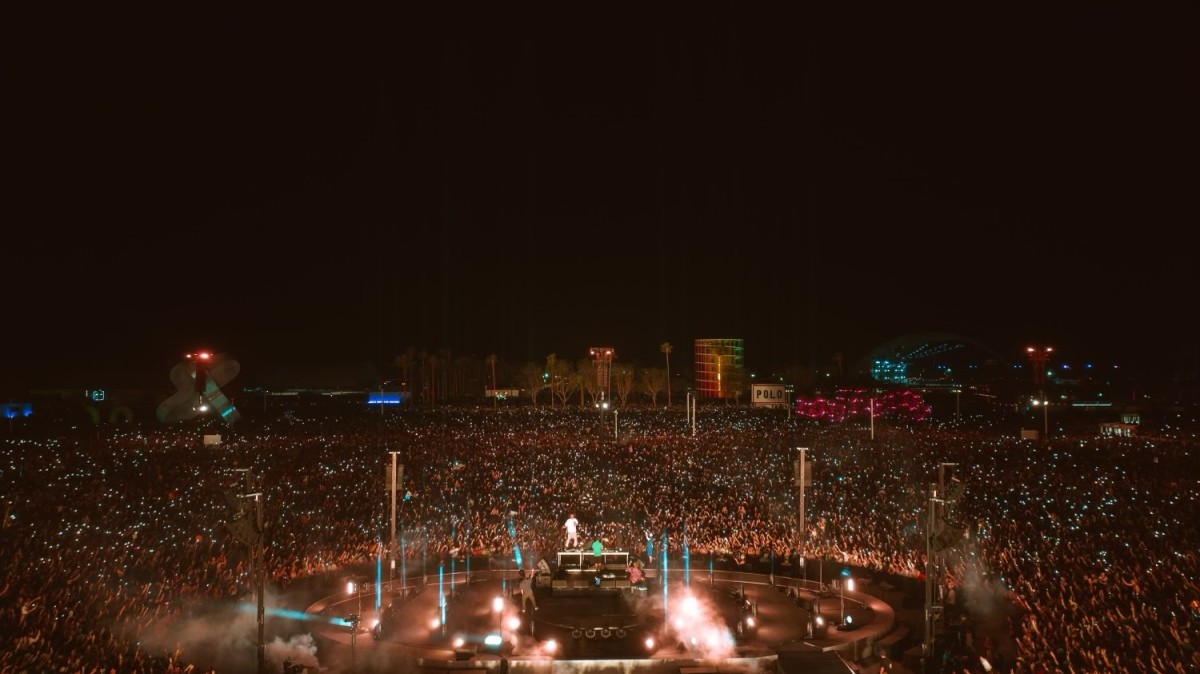
Imagine it's 2013. Skrillex's brostep is decimating crowds, Avicii is triggering spiritual dancefloor awakenings, a 17-year-old Martin Garrix drops "Animals" and the retina-searing lasers of Ultra are changing eyeballs forever.
While that EDM serotonin rush still remains, the industry looks different over a decade later, when its consumers often prioritize the intimate, walk-on-air euphoria of a dark warehouse rave over the regurgitated frills of a major festival. From a cultural standpoint, the chasm between those two formats keeps growing—but for its artists, the road between the two is paved with uncertainty and hardship.
So where exactly do DJs fit into this industry in flux? And what challenges do they face?
Without the peace of mind that comes with blitzkrieg marketing offensives and veteran negotiators like CAA's Alex Becket, most must navigate choppy waters solo as inflationary pressures hike the rising costs of touring to unsustainable levels. For those artists, it's a lonely masterclass in DIY hustle.
Becket is the powerhouse agent behind—among many others—RÜFÜS DU SOL, Bedouin, Monolink and G Jones, the lattermost of whom was recently named by EDM.com as one of the world's best electronic music producers. He has been with CAA for nearly two decades and became the firm's first electronic music agent in 2012 before nabbing a spot in Billboard’s venerable "Dance Power Players" list in 2019.
It's no secret that leading agencies like CAA wield industry tentacles to curate prime festival real estate as a means to nurture the eggs of their mainstream golden geese. In other words, the stages of major festivals are the ultimate slingshots for new albums. Meanwhile, their electronic artists—as well as those repped by independent bookers across the nation—are left tasting the dust of their hip-hop and pop contemporaries.
But if there's any silver lining, blue-chip agencies and festivals today are acutely focused on unearthing and booking EDM talent, according to Becket, who tells us he expects to see more dance acts on big stages in the near future.
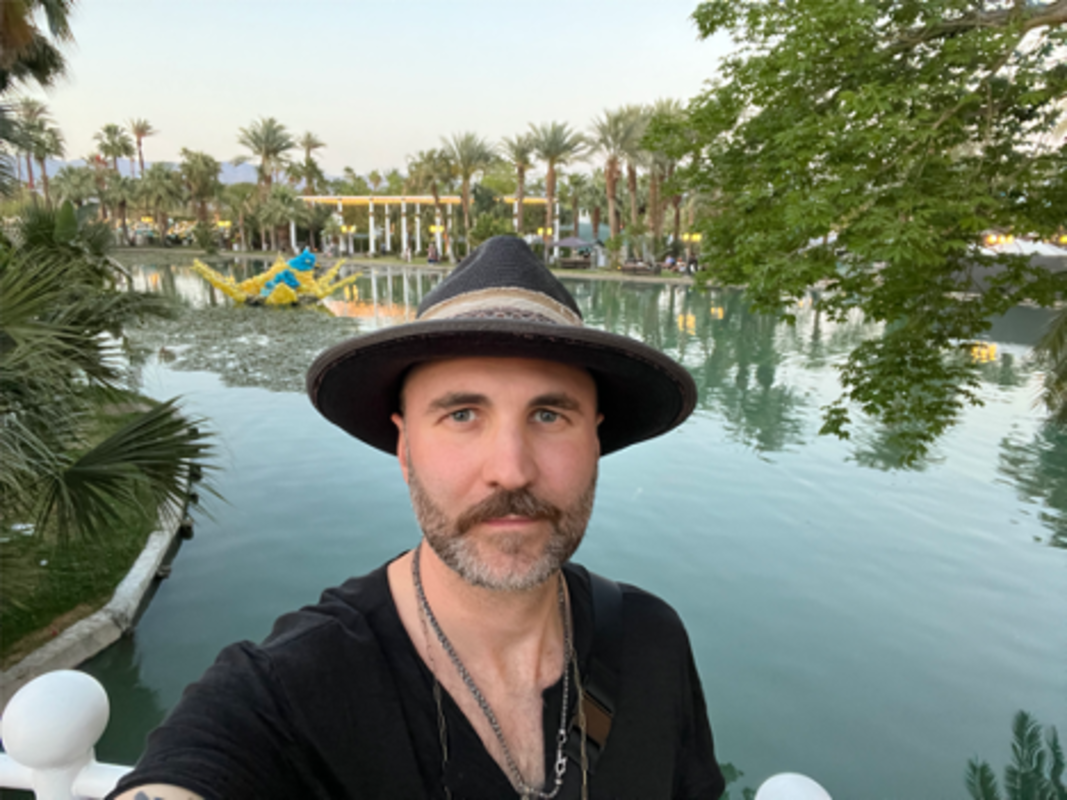
c/o Creative Artists Agency
Once relegated to the fringes of the festival circuit, dance music producers are now commanding top billing and drawing massive audiences to marquee mainstream events like Bonnaroo, Lollapalooza and Austin City Limits, all of whom tapped ODESZA to headline last year.
Meanwhile, Coachella's organizers in 2023 approached the trio of Skrillex, Fred again.. and Four Tet to close out the world's quintessential music festival in lieu of a spurned Frank Ocean. Prior to their last-minute headlining set, Coachella counted only Calvin Harris and Swedish House Mafia—themselves replacements after stepping in for Kanye West in 2022—as their only other DJ headliners in the last decade.
Now, after a year teeming with unforgettable EDM moments, Coachella is introducing a brand-new stage to serve as the festival's de facto epicenter of rave music. The ambitious stage, Quasar, will feature three-hour DJ sets by RÜFÜS DU SOL and a cancer-free Michael Bibi, among other deeply influential dance music artists.
Ahead of Coachella's return this weekend, we caught up with Becket to discuss Quasar as well as the evolving relationship between major festivals and the electronic dance music community.
EDM.com: After Coachella made the decision to blend Sahara's lineups with more mainstream artists, it seems Quasar is the festival's new epicenter of electronic dance music. Why now?
Alex Becket: The way "underground" house and techno music has become so popular in recent years, and arguably is now the mainstream dance music of the day, the traditional home at the festival for that sound, the Yuma Tent, has become too small to service all the demand. It’s a great sign for the health of our industry that the festival needs a stage like Quasar for this growing audience.
EDM.com: Take us behind the scenes of your discussions with your artists about Quasar. What about the new stage was so appealing to them?
Alex Becket: Coachella has been such a pioneer for dance music over the years and they’ve done it again with Quasar. The opportunity to play an extended three-hour set is unheard of amongst multi-genre contemporary festivals and represents the core culture around DJs and raves. It's exciting for these artists to have the freedom to take fans on a journey without the constraints of 60–75-minute sets that are typical at the festival.
Quasar is not a tent and therefore not a desert pic.twitter.com/MLRsw2PQm9
— Coachella (@coachella) March 19, 2024
EDM.com: We've seen a surge in EDM bookings at festivals like Coachella. Can you elaborate on the strategic advantages—beyond pure popularity—that booking EDM artists brings to major festivals?
Alex Becket: Coachella has been booking electronic artists for decades but it's true this year feels particularly dance-heavy. For whatever reason, I think other genres are down right now and electronic is filling up a lot of that void on festival lineups. Dance music appeals to a broader audience than a lot of other genres, and that drives mass appeal.
EDM.com: What role, if any, has technological advancements in live production and stage setups played in making EDM acts more appealing for festival organizers? And to what extent does this focus on live spectacle factor into a festival's decision-making when executing lineups?
Alex Becket: Festivals want big shows and big moments so it factors in a lot for them. Big production was an essential part of the "EDM" boom in the early 2010s and has always been a big part of the EDM experience. "Underground" shows with no production emerged in response to that, and now you’re seeing the pendulum swing back the other way in many cases with underground artists building big shows. In this way we're seeing big productions with better music and it's a winning combo.
EDM.com: Are there any particular up-and-coming artists or sub-genres that you anticipate will gain even more traction in the festival circuit in the near future?
Alex Becket: Hard techno is definitely having a moment with younger generations, and we're having a ton of success at CAA in the minimal tech and minimal deep tech space. Our new colleague Julian Teixeira has a lot of the best up-and-coming artists in this world like Chris Stussy, Dennis Cruz and Ben Sterling.
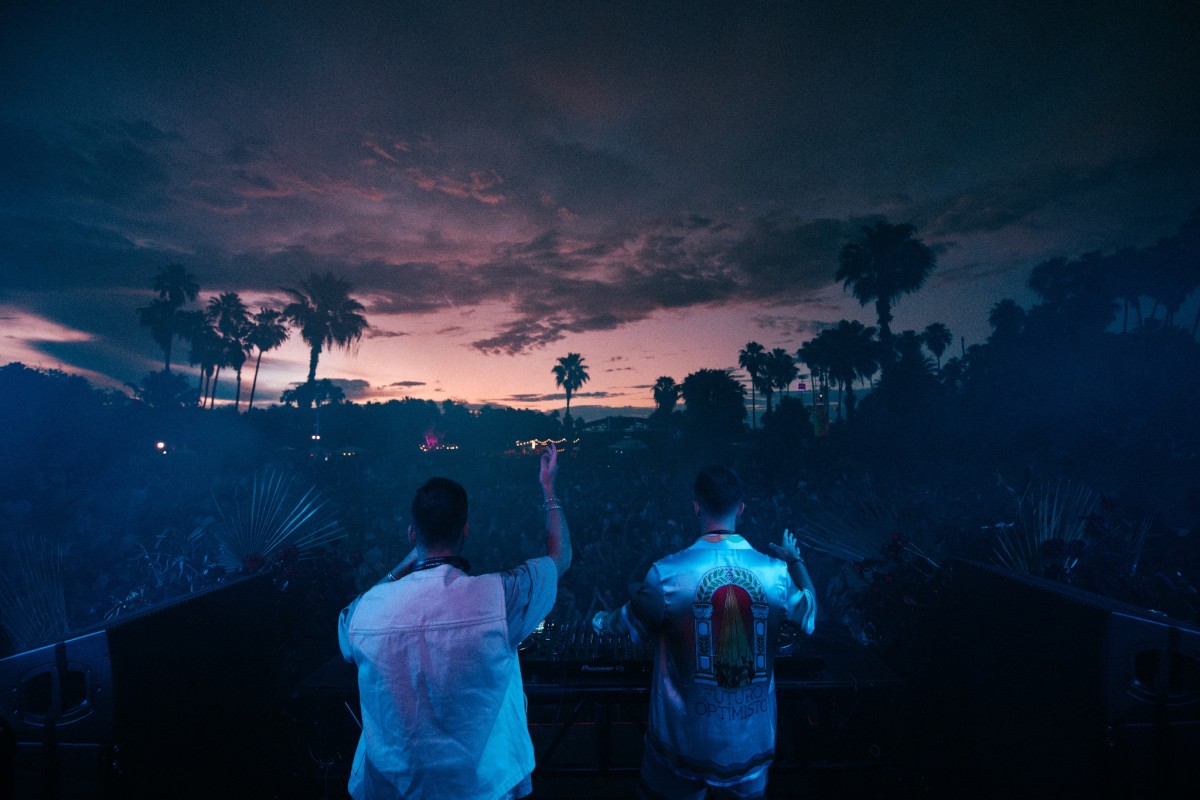
Michael Drummond
EDM.com: What challenges or obstacles do EDM artists face when it comes to securing prominent slots at major festivals dominated by more traditional rock, hip-hop and pop acts?
Alex Becket: DJs and electronic artists have been sharing the top lines at festivals with rock, hip-hop and pop acts for years. In the past, relatively few dance artists headlined hard tickets and their value was closely tied to VIP sales (still does) which is harder to quantify and not public information. That’s a different metric that made direct comparisons difficult and worked against dance artists for prominent slots or billing, but many dance artists live in the hard ticket world now and it’s not much of a thing.
EDM.com: How do you see the festival landscape evolving in the next five to 10 years when it comes to the representation of EDM and other electronic music genres on major lineups?
Alex Becket: The sky's the limit! One of dance music's greatest strengths is diversity, both of the audience and the music. I expect to see more dance acts on big and small stages alike, and different music thrives in different settings.
I love the variety of experiences Coachella offers in this way. You can go see an insane visual spectacular like Anyma at the Sahara Tent, then pop over to the Do LaB for the best dance party at the festival, then head to an immersive experience with RÜFÜS DU SOL (DJ SET) at Quasar, then end your night with Adriatique at the Yuma for a true nightclub experience in the middle of a festival. The options are incredible!

